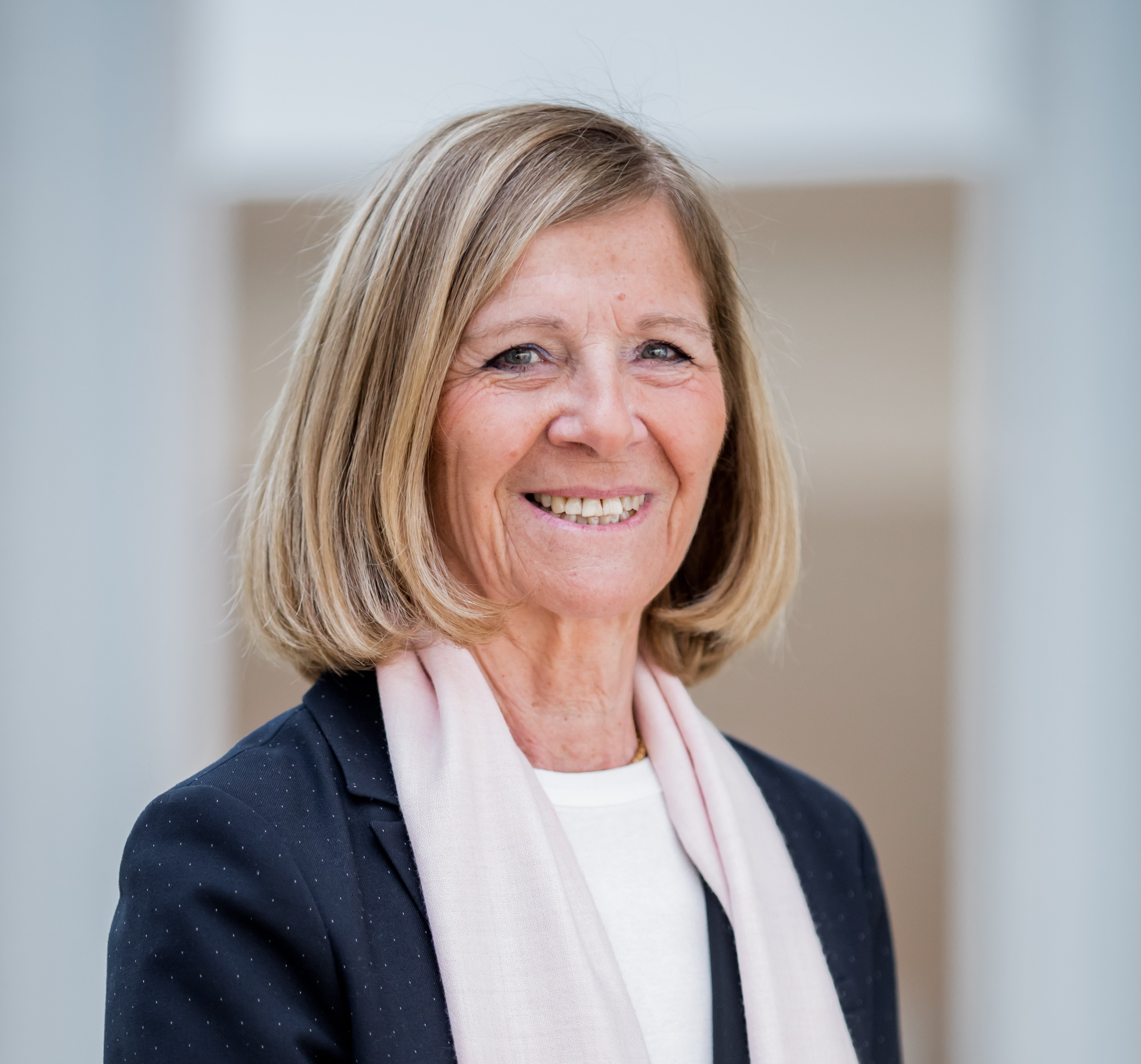Pascale Cossart
- Biologie moléculaire et cellulaire, génomique

- Biologie moléculaire et cellulaire, génomique
Biography
After studying chemistry in Lille and then at Georgetown University in the USA, Pascale Cossart joined the Institut Pasteur in 1971. There, she prepared her thesis and spent her entire career heading the Bacteria-Cell Interactions Unit, a unit affiliated to Inserm and INRA. After studying DNA-protein interactions and the molecular basis of their specificity, in 1986 she set out to investigate the molecular and cellular basis of bacterial infections, taking as her study model the bacterium Listeria monocytogenes. His research has led to numerous discoveries, in particular the molecular and cellular bases of the mechanisms enabling the bacteria to cross the intestinal and feto-placental barriers, the main molecular players in intracellular bacterial motility, in particular the ActA protein which recruits the Arp2/3 complex and enables actin polymerization, as well as several totally new mechanisms for regulating gene expression by RNAs, notably the discovery of the first thermosensor regulating the expression of virulence factors, and that of riboswitches involved in antibiotic resistance. She highlighted the key role of mitochondria in infection and elucidated several post-translational modifications in the host involved in infection, notably histone modifications paving the way for a new discipline involving epigenetics in infection control. All his work on Listeriaand other bacteria is paving the way for new targets to combat bacterial infections.
Pascale Cossart is considered a pioneer in Cellular Microbiology. Her contributions have been recognized by numerous international awards, including the L'Oreal/Unesco Prize, the Robert Koch Prize, the Jeantet Prize and the Balzan Prize. She has been elected a member of several academies, including the National Academy of Sciences and the National Academy of Medicine in the USA, the Royal Society in the UK, and the Leopoldina in Germany. She was perpetual secretary of the French Academy of Sciences from 2016 to 2021, then scientist visitor at the EMBL (European Molecular Biology Laboratory) in Heidelberg in 2022 and 2023. In May 2024, she was visiting professor at Harvard Medical School.
After studying chemistry in Lille and at Georgetown University, Washington DC, Pascale Cossart (PC) arrived at the Pasteur Institute in 1971 to prepare her PhD thesis. PC then pursued her whole career at the Pasteur Institute where she directed the Bacteria-Cell interactions unit. Her PhD thesis concerned the sequence of a bacterial protein. During her post-doc, PC then cloned and sequenced the gene encoding this protein, the first gene sequenced in the Pasteur Institute. Several collaborations ensued including for the sequencing of Escherichia coli crp gene that encodes a transcriptional regulator. Through the study of altered specificity mutants, PC contributed to highlight the role of the helix-turn-helix motif of regulators in DNA-protein interactions and specificity (Nature 1984).
In 1986, on the request of the Pasteur direction to reorient her work on infections, PC undertook to study the molecular and cellular basis of bacterial infections, taking as model Listeria monocytogenes bacterium responsible for food borne infections leading to gastrointestinal infections and meningitis. Her research led to multiple breakthroughs, e.g. the molecular and cellular mechanisms allowing crossing of the intestinal and foeto-placental barrier by the bacterium (Cell 1991, Cell 1996, Science 2001, PNAS 2004), the discovery of ActA, the factor allowing the actin-based motility of the bacterium (Cell 1992) as well as novel mechanisms of RNA-mediated regulation of gene expression (PNAS 2013, Science 2014, Science 2016, PNAS 2018), in particular, the first thermo-sensor regulating expression of virulence factors (Cell 2002). PC coordinated the sequencing of the Listeria monocytogenes genome and that of the non-pathogenic species Listeria innocua (Science 2001), showed the regulatory role of mitochondria in infection (PNAS 2013), unveiled several protein modifications induced by bacteria and critical for infection, e.g. SUMOylation (Nature 2010) and pioneered the field of host epigenetics and infection (PNAS 2007, Science 2011, Science 2013). PC contributions were recognized by numerous international prizes including the L'Oréal/Unesco award, the Lounsbery Prize, the Robert Koch prize, the Jeantet prize, the Balzan prize, the Selman Waksman award. She was elected member of the French Academy of sciences (and secrétaire perpétuel from 2016 to 2021), international member of NAS and NAM, of the Royal Society, and of the Leopoldina. (For a recent autobiography see Ann. Rev. Microbiol. (2023) 77: 1-22).
Photo credit: Mathieu Baumer
Page last updated: November 3, 2025


